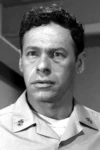Bonino (1953)
Bonino (1953)
Network & Production Companies

Plot.
Bonino is an ethnic situation comedy television series starring Ezio Pinza as an Italian-American opera singer trying to rear his six children after the death of their mother. The program aired on live NBC from September 12 to December 26, 1953.
Pinza's character is named Babbo Bonino. Character actress Mary Wickes portrayed Martha the housekeeper, a role which she filled over the years in numerous other series. The actors portraying the children were Conrad Janis as eldest son Edward, Lenka Peterson as older daughter Doris, Chet Allen as Jerry; Oliver Andes as Carlo, Gaye Huston as Fancesca, and Van Dyke Parks as Andrew, the youngest. Allen had earlier appeared as Amahl in Gian Carlo Menotti's Amahl and the Night Visitors on NBC's Hallmark Hall of Fame in 1951-1952. Parks, who grew up in Lake Charles, Louisiana, became a rock-music producer and composer who cowrote with Brian Wilson the Beach Boys' hits "Heroes and Villains" and "Surf's Up".Mike Kellin, who was cast the following year in Celeste Holm's short-lived CBS sitcom Honestly, Celeste!, appeared in the role of Rusty.
David Opatoshu, portrayed Walter Rogers, Babbo's agent, who tries to convince him to return to singing. As each episode unfolds, Bonino realizes that his children are more independent than he thought. Pinza sang in each episode.Anthony Eisley, later of ABC's detective series Hawaiian Eye, guest starred in Bonino as John Clinton.
Where to Watch.
No streaming offers found
Cast & Crew.

Oliver Andes
Carlo Bonino

Gaye Huston
Francesco Bonino
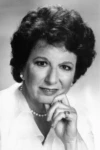
Mary Wickes
Actress
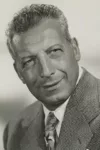
Ezio Pinza
Babbo Bonino
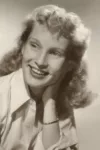
Lenka Peterson
Doris Bonino
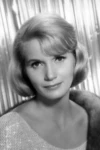
Eva Marie Saint
Actress
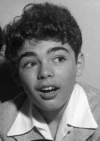
Chet Allen
Jerry Bonino
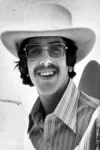
Van Dyke Parks
Andrew Bonino
Details.
This TV Show Is About.
italian american
big family
single father
sitcom
Scripted
Wiki.
Bonino is a thirty-minute ethnic situation comedy television series starring Ezio Pinza. Originating in the Hudson Theatre in New York City, the program aired live on NBC from September 12 to December 26, 1953. The show was also known as I, Bonino, an alternate title that many newspapers and columnists used in place of the official name when the series premiered.
The inspiration for the series was a teleplay Robert Alan Aurthur wrote called Two for One, about a middle-aged widower who raises his children from a distance. It had appeared on an early anthology series, Television Playhouse.


